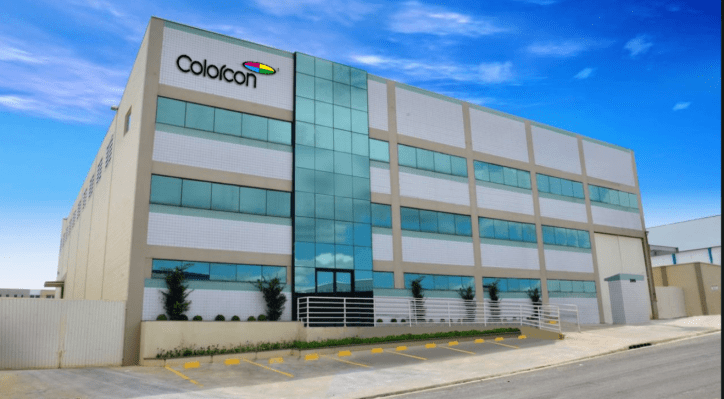
Colorcon, a 58-year-old company that develops, supplies, and supports specialty products for the pharmaceutical industry — think food colorants, nutritional coatings, the film on time-release medications — is getting into the business of funding startups.
It isn’t bringing aboard any traditional venture investors or taping off a corner of its Harleysville, Pa., offices so a team of staffers can meet with startups. Colorcon knows what it doesn’t know, suggests its CEO, Martti Hedman. “We’re a team of 750 people, so we didn’t want to invest in our own VC team. We’re sort of too small for that, too inexperienced.”
Instead, Colorcon, which wants to plug $50 million into startups, has elected to outsource its venture operations to a low-flying but growing outfit in San Francisco called Touchdown Ventures that helps manage the corporate venture activities of a dozen companies already, including the multinational food company Kellogg’s, the media giant 21st Century Fox, and the adhesive manufacturing company Avery Dennison.
The idea is for Touchdown, which has 30 employees, to use its relationships with these other companies and with VCs — along with its own outbound efforts and sector analyses — to bring to Colorcon deals it might want to fund. After that, Hedman, Colorcon CFO Dave Graeber, and Colorcon’s head of corporate development, Pankaj Rege, will decide which startups merit checks.
The initial amount it intends to commit: between $1.5 million and $3 million per startup, says Touchdown Ventures CEO David Horowitz, who will be heading up the effort for Colorcon.
It’s worth noting that unlike many companies that work with pharmaceutical giants, Colorcon isn’t looking to fund startups that are developing active ingredients or molecules. Instead, the fund will target investments across the manufacturing, supply chain, and delivery of pharmaceutical products and services.
As you might imagine, it’s also looking to invest in startups where it can add value, be it subject matter expertise or introductions to the many companies and labs with which it works around the world. Indeed, more than 70 percent of Colorcon’s sales comes outside of North America, including in China, India, South America, and, to a small but growing extent, Europe.
Is it a match made in heaven? We’ll see. But it’s certainly interesting to see companies like Colorcon with their industry expertise hitching their wagons to platforms like Touchdown, which has institutional know-how about VC.
Says Horowitz, “We have other heath care relationships. We know how to drum up deal flow. We have relationships with thousands of VCs and we speak at conferences and we do things that are specific to this industry.” That work now produces 5,000 “opportunities” per year, in terms of startup pitches, Horowitz adds.
If Colorcon is lucky, some of those startups — whether Colorcon acquires them or adopts their technology or merely learns from them — will help keep the company in business for another 50 years.



